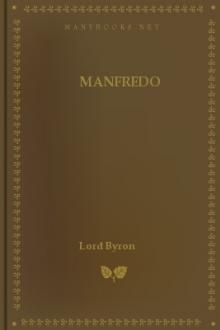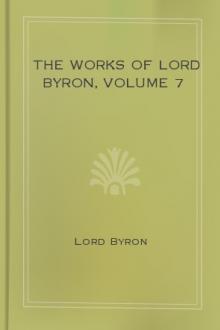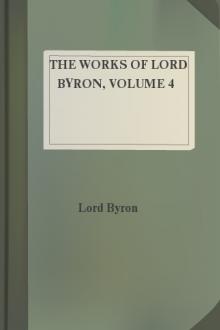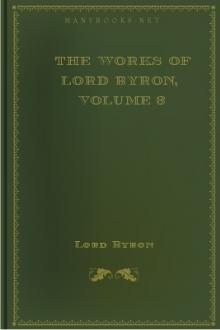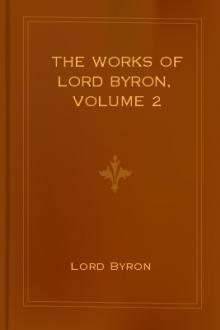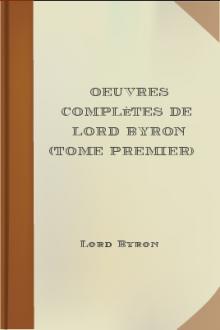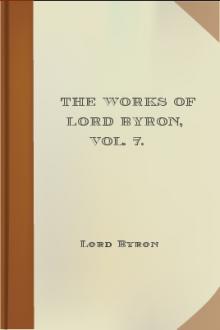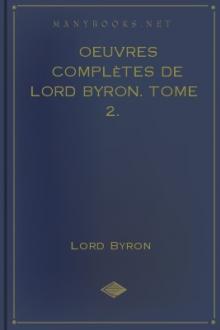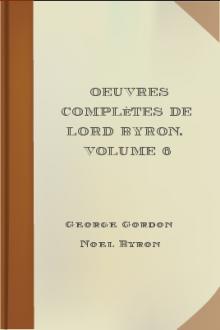The Works of Lord Byron, Volume 5
The Works of Lord Byron, Volume 5
Poetry
The plays and poems contained in this volume were written within the space of two years—the last two years of Byron's career as a poet. But that was not all. Cantos VI.-XV. of Don Juan, The Vision of Judgment, The Blues, The Irish Avatar, and other minor poems, belong to the same period. The end was near, and, as though he had received a warning, he hastened to make the roll complete.Edited by Ernest Hartley Coleridge.
Book Excerpt
ty is that within twenty years of the death of Asurbanipal, the Assyrian Empire passed into the hands of the Medes;[1] but there is nothing to show whether the period of decay had already set in before the close of his reign, or under which of his two successors, [)A]sur-etil-il[=a]ni or Sin-[)s]ar-i[)s]kun, the final catastrophe (B.C. 606) took place (_Encyclopedia Biblica_, art. "Assyria," art. "[)A]sur-bani-pal," by Leonard W. King).
"I have made," writes Byron (May 25, 1821), "Sardanapalus brave though voluptuous (as history represents him), and as amiable as my poor pen could make him." Diodorus, or rather Ctesias, who may have drawn upon personal reminiscences of his patron, Artaxerxes Mnemon (see Plutarch's _Artaxerxes_, _passim_), does not enlarge upon his amiability, and credits him only with the courage of despair. Byron's Sardanapalus, with his sudden transition from voluptuous abandonment to heroic chivalry, his remorseful recognition of the sanctities of wedlock, his general good nature, h
Editor's choice
(view all)Popular books in Poetry, Fiction and Literature
Readers reviews
0.0
LoginSign up
Be the first to review this book
Popular questions
(view all)Books added this week
(view all)
No books found
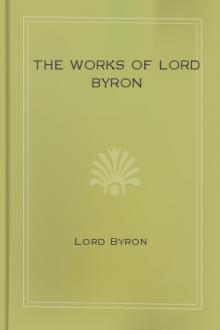
 Free Download
Free Download






















